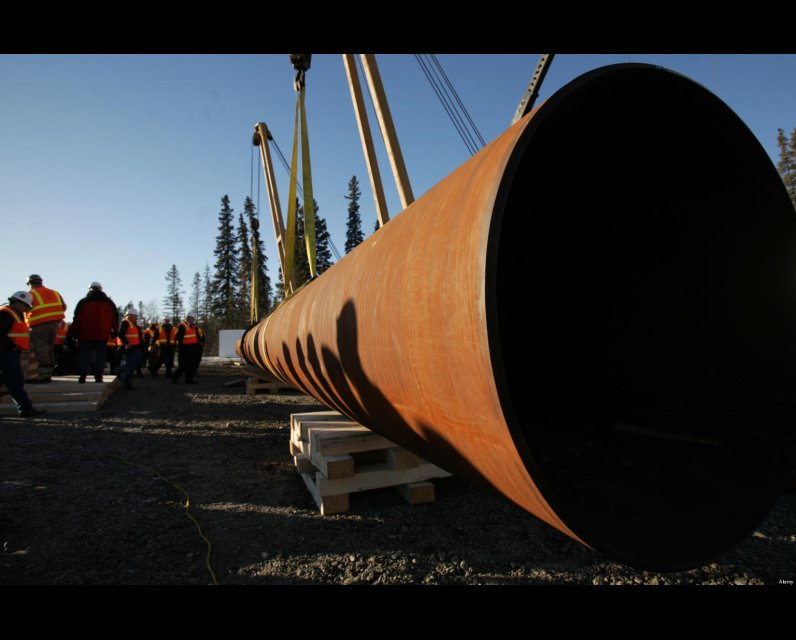Warning message
- Last import of users from Drupal Production environment ran more than 7 days ago. Import users by accessing /admin/config/live-importer/drupal-run
- Last import of nodes from Drupal Production environment ran more than 7 days ago. Import nodes by accessing /admin/config/live-importer/drupal-run
Unpublished Opinions
Founded in 2006, Ecology Ottawa has grown to become the largest organization in the city focused on local environmental issues. The organization was created based on the belief that the City of Ottawa needs to become an environmental leader among Canadian cities. By increasing citizen participation in decisions that shape Ottawa’s environment, we can engage city council and encourage its improved environmental performance. Together we can bring our nation’s capital to the forefront of efforts to foster healthy communities and develop sustainable solutions.
Environmental groups ask NEB to include climate change when assessing pipeline projects

To: Mr. Watson, Chairman
National Energy Board of Canada
Mr. Watson,
We, the undersigned organizations and groups are writing to clearly demand the National Energy Board (NEB) revise the list of issues for TransCanada’s proposed Energy East project to include the pipeline’s climate pollution the project will facilitate. Specifically, we are calling for the inclusion of upstream tar sands emissions that Energy East would facilitate.
We also want to express our grave concerns with federal government changes seriously limiting public participation in NEB reviews1. Because of this and other issues, there are currently very low levels of public trust in the NEB process. As you are aware, TransCanada’s Energy East project would be Canada’s largest pipeline. It would
transport 1.1 million barrels of crude per day from Alberta to New Brunswick. The majority of this is destined for export unrefined from a new marine terminal in Quebec and the Irving refinery terminal in Saint John, New Brunswick.
The NEB is the only federal regulator in Canada responsible for looking at this project and if the NEB does not take climate and other upstream environmental impacts of the pipeline into account, no other federal agency will. This is unacceptable.
Producing the crude to fill Energy East would generate up to 32 million tonnes2 of carbon emissions each year -- comparable to adding 7 million new cars to Canadian roads3. This gives Energy East a higher carbon footprint than any Atlantic province. This figure does not include the emissions from burning the oil itself, which raises the emissions facilitated by this project even farther.
Tar sands are Canada’s fastest growing source of greenhouse gas emissions and an international issue regarding the rights of Indigenous Peoples4. Filling the Energy East pipeline would help spur an additional 650,000 to 750,000 barrels of tar sands production every day5. In the context of the most recent report from the Intergovernmental Panel on Climate Change on the need for a rapid transition off of fossil fuels and our limited carbon budget6, it is imperative to include these considerations in any review of fossil fuel
infrastructure, starting with Energy East.
Without considering related climate pollution impacts and listening to people’s voices, any review of Energy East will be both incomplete and illegitimate.
Sincerely,
350.org, Alerte Pétrole Rive Sud, Alternatives, Association québécoise de lutte contre la pollution atmosphérique - AQLPA, Canadian Unitarians for Social Justice, Canadian Voice of Women for Peace, Center for Sustainble Economy, Centre de recherche en éducation et formation relatives à l’environnement et à l’écocitoyenneté de l’UQAM, Citizens Climate Lobby Montreal, Citizen’s Climate Lobby Canada, ClimateFast, Coalition québécoise pour une gestion responsable de l’eau Eau Secours, Coalition vigilance oléoducs, Collectif scientifique sur la question du gaz de schiste au Québec, Comité de vigilance environnementale de l’Est de Montréal, Concerned Citizen's Coalition - North Bay, Conseil Central du Montréal Méopolitain-CSN, Conservation Council of New Brunswick, Council of Canadians,
Council of Canadians - Fredericton Chapter, Council of Canadians - Halifax Chapter, Council of Canadians - Montreal Chapter, Council of Canadians - Moose Jaw Chapter, Council of Canadians - Ottawa Chapter, Council of Canadians - Regina Chapter Council of Canadians - Saint John Chapter,Council of Canadians thunder Bay Chapter, Council of Canadians-Winnipeg Chapter, Ecology Action Center, Ecology Ottawa, Environnement Jeunesse, Equiterre, Fondation David Suzuki / David Suzuki Foundation, Fondation Rivières, For Our Grandchildren, ForestEthics Advocacy, Fossil Free Lakehead,
Friends of the Earth Canada, Green 13, Green Neighbours 21, Greenpeace Canada, Greenspiration, JustEarth - a Coalition for Environmental Justice, Lakehead University Environmental Law Students' Association, Leadnow, Making Peace Vigil - Regina, Natural Resources Defense Council, Nature Québec, New Brunswick Anti Shale Gas Alliance, Non à une marée noire dans le Saint-Laurent, Polaris
Institute, Regroupement national des conseils régionaux de l’environnement du Québec, Regroupement vigilance hydrocarbures Québec, Sacred Heart School of Halifax Environment Committee, Saskatchewan Eco Network, Saskatoon350.org, SaveCanada, Sierra Club BC, Sierra Club Québec, Stop the Energy East Pipeline Halifax, Toronto350.org, Transition Initiative Kenora, Voters Taking Action on Climate
Change, World Wildlife Fund/Fonds mondial pour la nature - WWF-Canada!
1 http://www.ecojustice.ca/blog/files/neba-backgrounder-may-2012/at_download/file
2 http://www.pembina.org/media-release/2520
3 ibid.
4 http://oilsandsrealitycheck.org/factcategory/human-rights/
5 http://www.pembina.org/reports/energy-east-climate-implications.pdf
6 http://www.ipcc.ch/report/ar5/index.shtml



Comments
Be the first to comment